Plant Trees

Happy Earth Month! Be the Change: Plant trees
About
Stay up to date on major announcements, exciting collaborations, and more.Visit our Newsroom
We make it simple for anyone to plant trees, and together we can make an incredible impact. Learn more
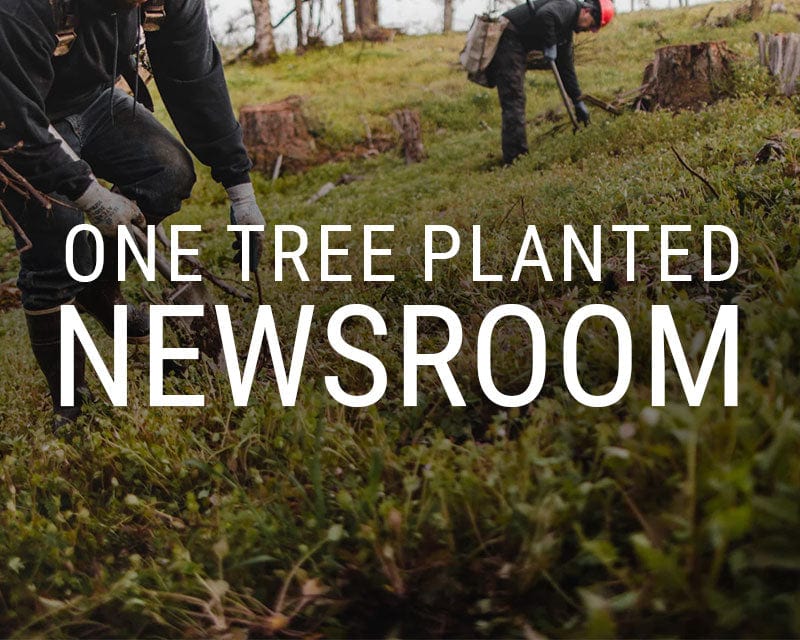
Stay up to date on major announcements, exciting collaborations, and more.Visit our Newsroom

We make it simple for anyone to plant trees, and together we can make an incredible impact. Learn more
Get Involved
Become a business partner to improve your company’s sustainability initiatives and make an impact. Learn more
See how your support and leadership can help us fund reforestation efforts across the globe. Learn more

Become a business partner to improve your company’s sustainability initiatives and make an impact. Learn more
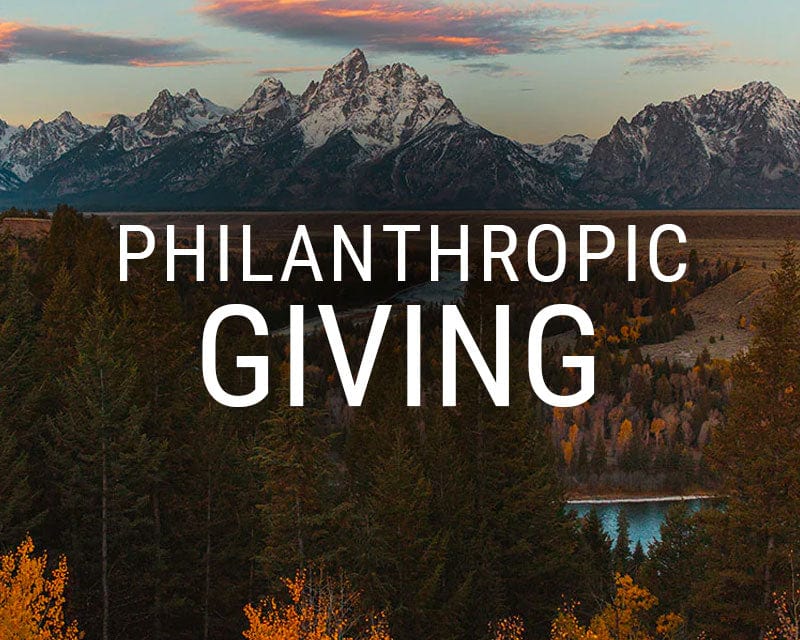
See how your support and leadership can help us fund reforestation efforts across the globe. Learn more
Learn
Read about stories from the field, interesting facts about trees and get your healthy dose of nature. Visit our blog
Comprised of lesson plans, learning modules, resources, and activities, our T.R.E.E.S. School Program is the perfect addition to your curriculum. Learn more
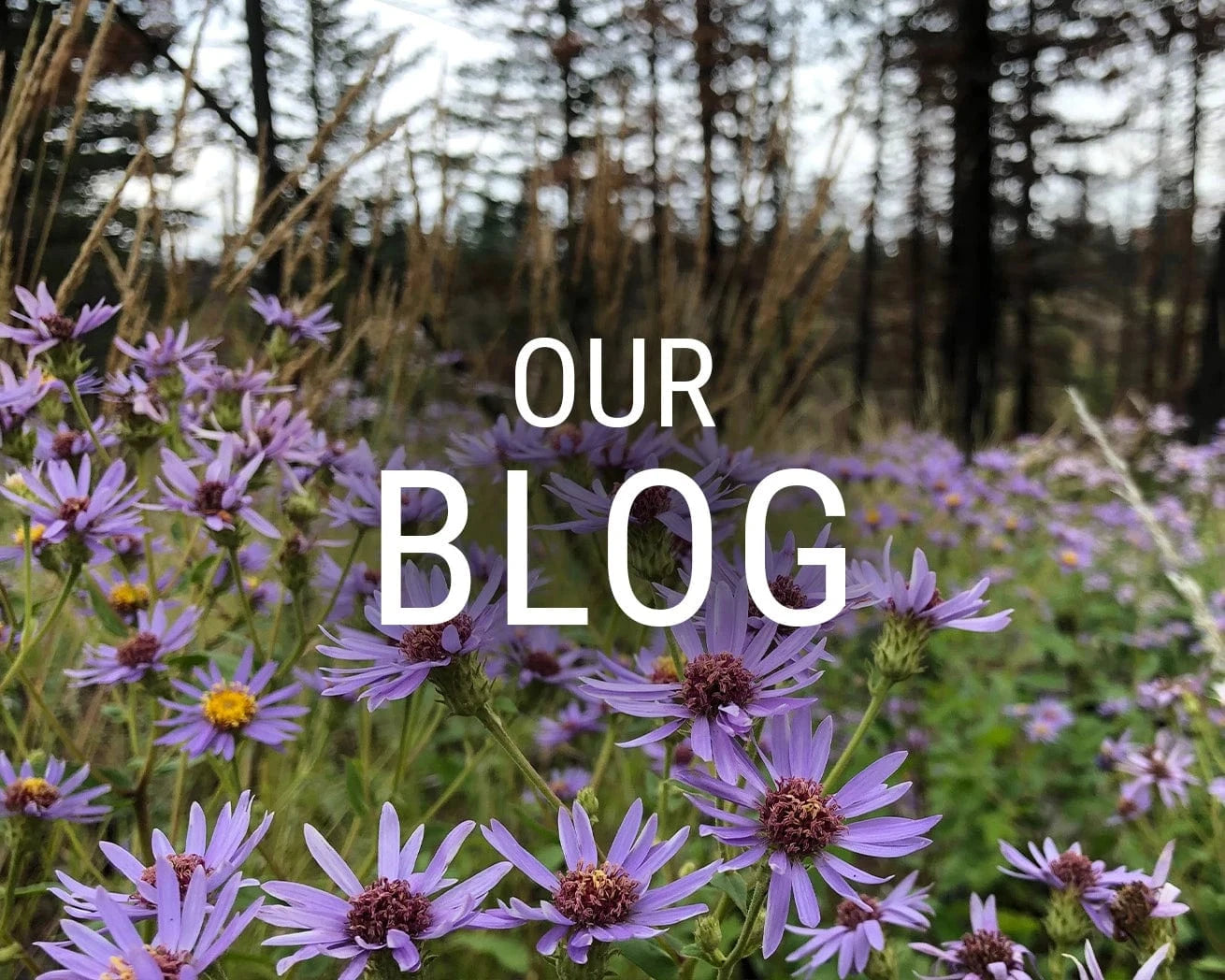
Read about stories from the field, interesting facts about trees and get your healthy dose of nature. Visit our blog
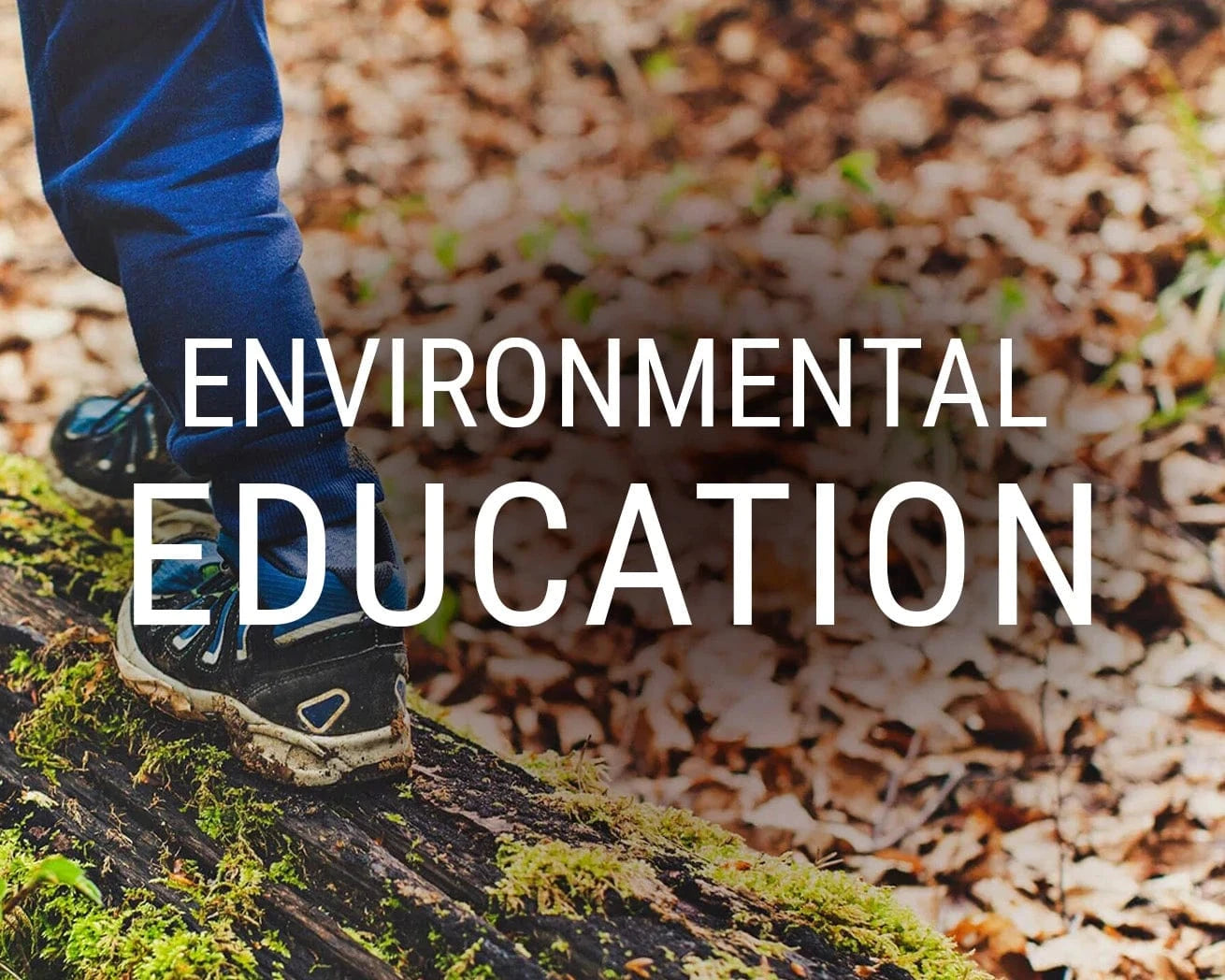
Comprised of lesson plans, learning modules, resources, and activities, our T.R.E.E.S. School Program is the perfect addition to your curriculum. Learn more
Shop
Our fan-favorite Reforestation T-Shirt. Wear it with pride to show your support of reforesting our planet, one tree at a time. Shop now
Give the gift that lasts a lifetime! Choose an image, write your personalized message and select a delivery date to gift a tree. Gift a tree
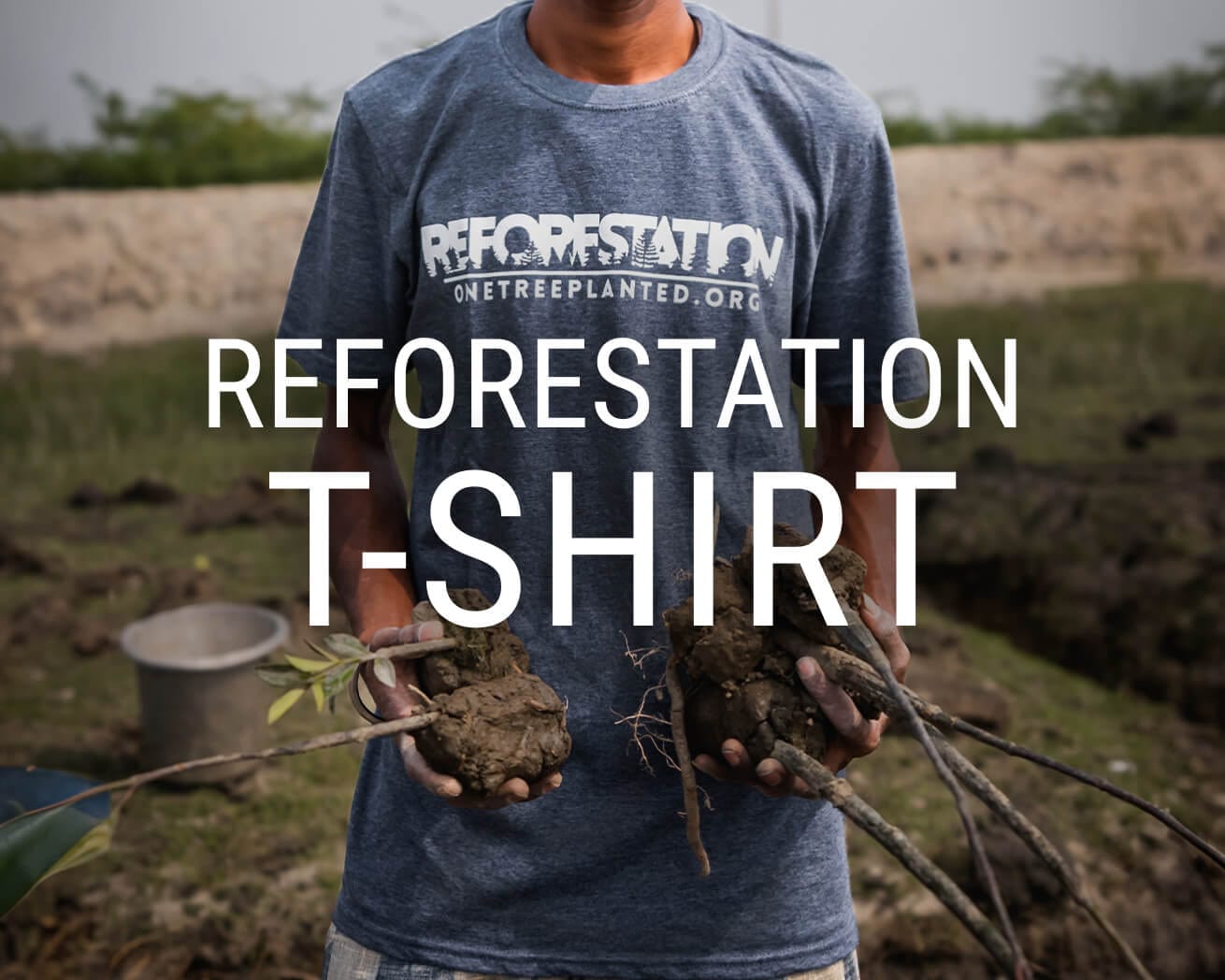
Our fan-favorite Reforestation T-Shirt. Wear it with pride to show your support of reforesting our planet, one tree at a time. Shop now
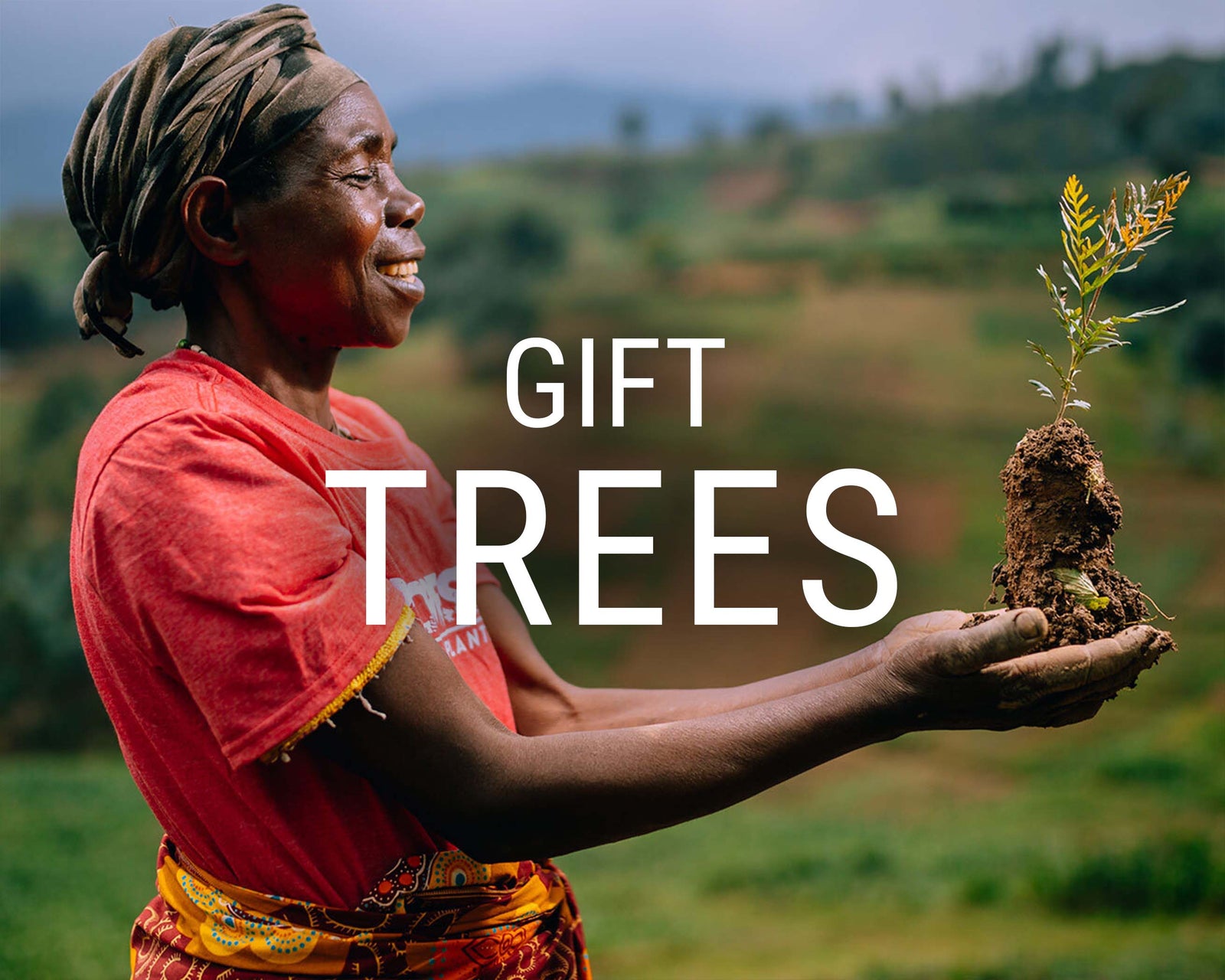
Give the gift that lasts a lifetime! Choose an image, write your personalized message and select a delivery date to gift a tree. Gift a tree
Get Involved
Plant Trees
How Women Play a Key Role in Addressing Climate Change

Get news, updates, & event Info delivered right to your inbox:
How Women Play a Key Role in Addressing Climate Change
Whether you call it the climate crisis, global warming or simply what it is: the issue of humanity consuming more resources than the planet can replenish while creating unfathomable pollution, the reality is that inequality is deeply rooted in the challenges we’re facing. A recent UN Women Report found that by 2050, climate change may push up to 158 million more women and girls into poverty — and see 236 million more face food insecurity.
Yet if we take a look at who has the potential to positively influence the systems that guide us – socially, environmentally, and economically – we’ll find women leading the charge.
When women are provided with access to resources and education, and empowered to act as community leaders, the resulting benefits aren’t just more productive farms and healthier families, but also meaningful carbon emission reductions.
3 Ways Empowering Women Can Benefit the Climate:
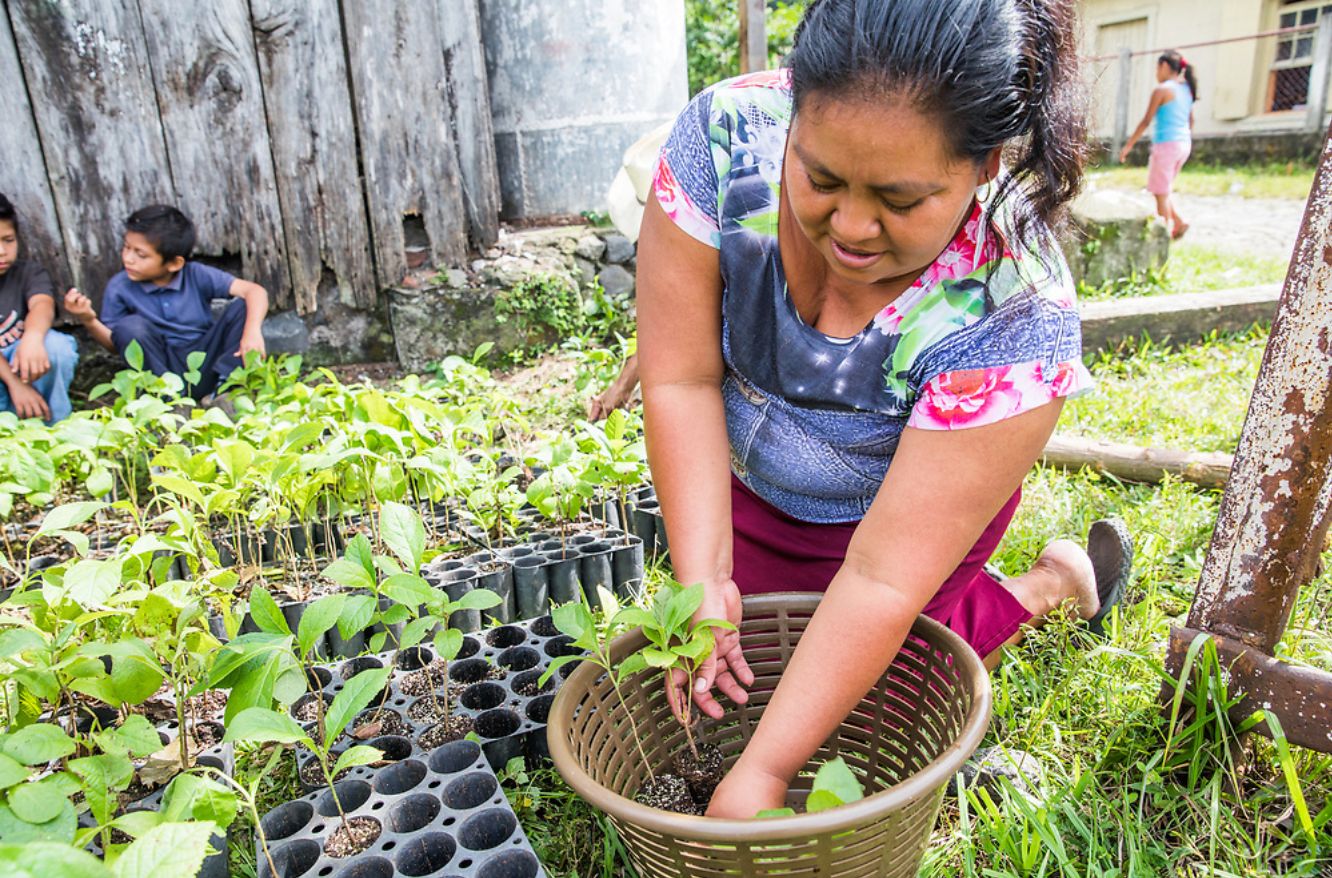
1. Land Ownership and Access to Resources Can Reduce Hunger and Deforestation
According to UN Women (and based on research by the UN FAO), if all women smallholders receive equal access to productive resources, their farm yields will rise by 20-30%, and an estimated 100-150 million people would no longer go hungry.
Women’s farming practices are more often regenerative and holistic as opposed to being chemically-intensive, ultimately resulting in soil and trees that store much more carbon, as well as cleaner water resources.
This matters because agricultural expansion drives almost 90 percent of global deforestation — and, by extension, many related impacts such as loss of biodiversity, desertification, and increased CO2 in the atmosphere. But when existing agricultural lands and forest management are improved, there is less pressure to deforest further ground.
Furthermore, the communities around the world that have gender quotas in decision-making for local forest management have higher success rates with conservation programs and distribute wealth more equally in the community, reducing subsistence activities that are environmentally destructive.
Currently, many countries exclude women from being able to own land or make community decisions regarding land management. But providing women with land rights and farming resources could significantly support local and global climate change goals.
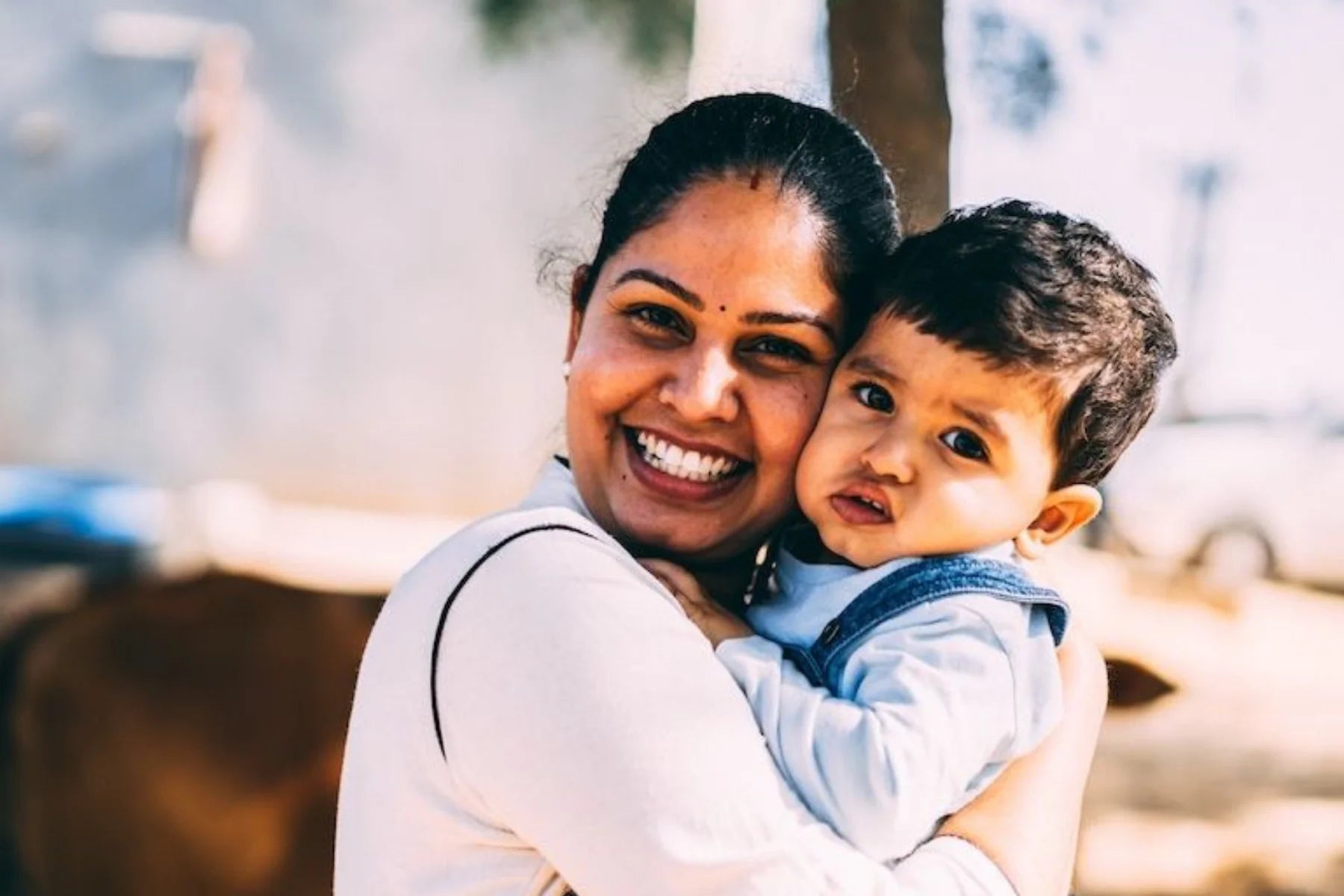
2. Family Planning Can Reduce Overpopulation
Overpopulation is the taboo elephant in the room when it comes to humanity’s unsustainable growth. On a planet with dwindling resources, it’s clear that managing our human population deserves more attention as one of many solutions to the climate crisis — as well as other Sustainable Development Goals like reducing poverty and hunger.
According to 2017 estimates by the World Health Organization, 214 million women of reproductive age in developing regions have an unmet need for contraception. In high-income countries like the US, around 35% are unintended. That’s a lot of additional people having a carbon footprint on the planet!
Family planning isn’t just about contraception, though. The most successful family planning programs integrate religious leaders, public education campaigns and basic care for women and children where they live.
Combined with free access to contraception, family planning could reduce pressure on economic systems and improve humanitarian challenges.
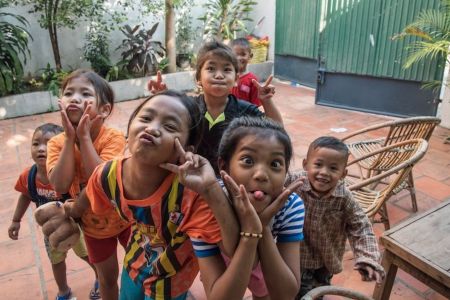
3. Educating Girls Improves Climate Resilience
Perhaps among the most unexpected solutions, a girls’ education can greatly impact her role in either exacerbating or mitigating global warming. Women with more years of education have fewer, healthier children. And since women play an important role as stewards and managers of food, soil, trees and water, their education creates empowerment within community structures as it relates to land management, farming techniques and administrative tasks, further benefiting the environment, climate, and biodiversity around her.
As climate change intensifies, educated women are also better equipped to address plant disease, diminished soil quality, changing seed-sowing times, and other consequences to sustain themselves and their families, elevating climate resilience for the whole community.
According to the United Nations, 130 million girls are denied the human right to education around the world, and climate-related crises further reduce that capacity. In times of hardship, girls are more likely to be married early since a girl’s dowry can help a family cope with financial stress — and girls are also the first to be removed from school to help with household needs.
But mobilizing communities to support and sustain education for girls can greatly benefit social and environmental conditions. According to Project Drawdown, estimates suggest that together with family planning, girls’ education could reduce carbon dioxide equivalent emissions by nearly 70 gigatons between 2020 and 2050.
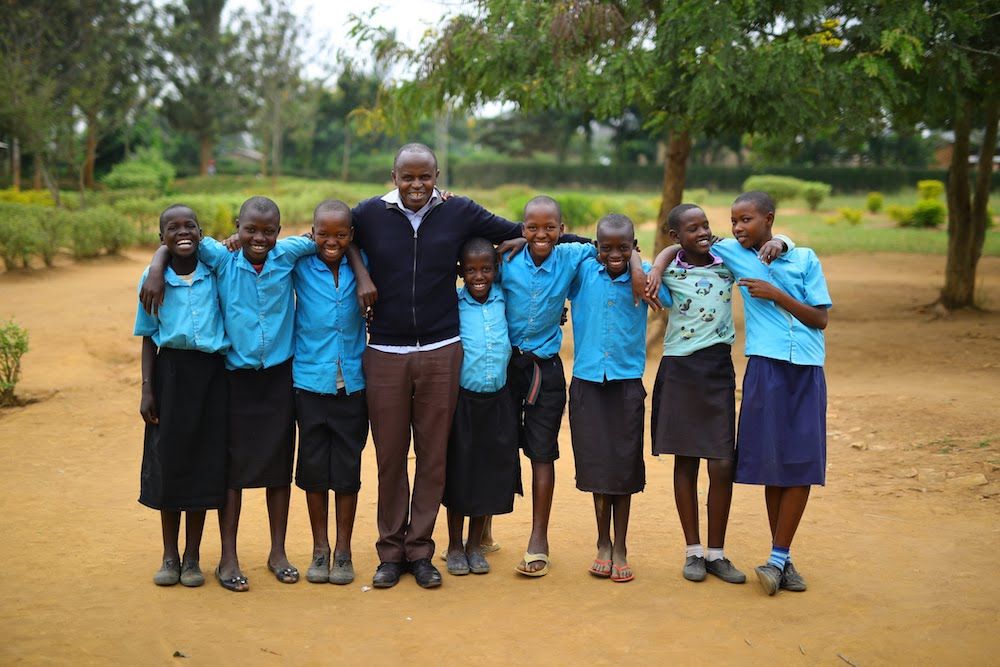
Women and Climate: Potential for Positive Change
While it's unfortunate that gender inequality prevents progress on climate resilience and sustainability, we can take the optimistic view that now that opportunity has been identified, we have a clear path to action. Equipping women with access to the same resources as men, ensuring education, and encouraging family planning are all doable strategies that can improve the lives of women, their children, the natural world around them, and the planet as a whole. For International Women's Day, and every day, we support the role of female environmental leaders!
Women’s empowerment is proven to improve environmental outcomes. Plant a tree to support women and the environment today!
Get news, updates, & event Info delivered right to your inbox:
Related Posts
Good News! 6 Positive Environmental Stories from April 2024
25/04/2024 by Gabrielle Clawson
8 Reasons to Plant Trees in Cities
23/04/2024 by One Tree Planted
Planting Trees in Mexico for Monarch Butterfly Habitat
18/04/2024 by Meaghan Weeden
Popular On One Tree Planted
5 Causes of Deforestation
15/02/2024 by Meaghan Weeden
Inspirational Quotes About Trees
23/01/2024 by Meaghan Weeden
How to Reduce Waste: 21 Ideas for Zero Waste Living
16/01/2024 by Meaghan Weeden





